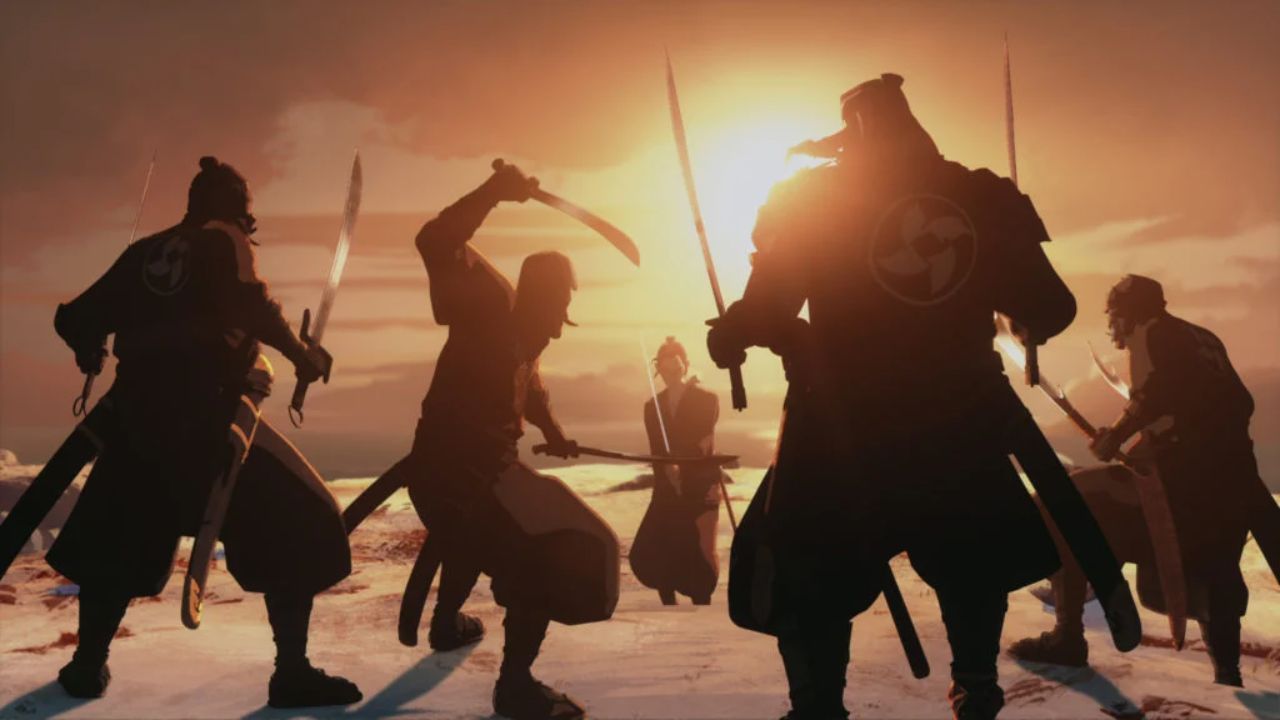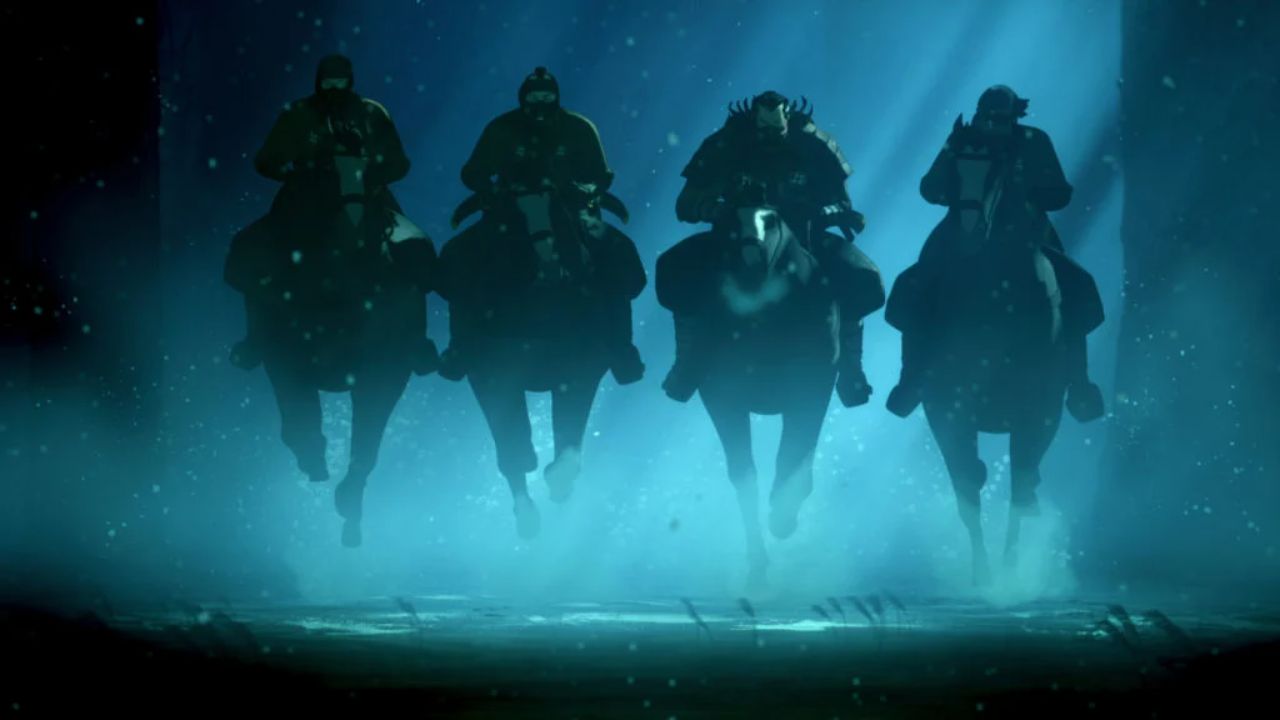Blue Eye Samurai on Netflix is not based on a true story. However, the show draws ideas from real-life events to create its story. The show explores issues of cultural diversity, self-acceptance, and how standards of beauty change over time and between societies.
Netflix‘s Blue Eye Samurai is an adult-animated streaming series that tells the story of retribution and redemption. The anime follows Mizu, a young woman on a quest to exact revenge on the only four white men in Japan at the time of her birth, whom she blames for taking her mother and turning her into a monster. But she is up against not only her adversaries but also a patriarchal society that stands in her way. As she embarks on her perilous mission, she meets new allies and confronts some shocking truths about her past.
The title of the show refers to a historical figure, English navigator, William Adams, who became a Samurai in Japan during the 1600s. This real-world reference serves as a jumping-off point for the show’s plot. The series’ creators were inspired by their own experiences, specifically their daughter’s blue eyes, which led them to question beauty standards across cultures.
The Blue Eye Samurai show provides viewers with a fresh take on these issues and the fluidity of cultural ideals, all set against the backdrop of an action-packed animated series. However, many people are being curious to know if the Netflix show is based on a true story. Well, let’s find it out together.
Previously, we touched on the 12 and 20 positions.
No, Blue Eye Samurai Is Not Based on a True Story!
No, Netflix’s Blue Eye Samurai is not based on a true story, and Mizu is a fictitious character limited to the fabricated world of creator, Amber Noizumi and Michael Green‘s animated series. The couple, who teamed up in both their show-running and private lives, first came up with the basic premise for the show, a samurai with blue eyes, after the birth of their blue-eyed mixed-race daughter.
 Blue Eye Samurai is not based on a true story.
Blue Eye Samurai is not based on a true story.
Image Source: Netflix
Inspired by the nickname they gave their child, “a little blue-eyed samurai,” the two went on to create the story that became their debut show. According to some of their early discussions about the show, being white would have been illegal during the Edo period, which began in 17th-century Japan. Nobody would have wanted to look that white. This gave rise to the main conflict in Mizu’s story, which is her struggle with her identity as a half-white woman living in Japan.
As a half-white, half-Japanese woman herself, Amber Noizumi, who wrote and directed multiple episodes, was able to relate to this aspect of Mizu’s character in a complex way and offer genuine insight. When talking about the show, the creator remarked,
[Well,] I will say it was cathartic to write Mizu’s character. A lot of us who feel marginalized for any reason at all, whether it be our race, orientation, or any number of things, it’s uncomfortable to talk about. To be able to write a fictional character who gets to just do the utmost things and have the biggest reactions to confrontations was extremely therapeutic for me, very personal, and fun to write.
Furthermore, Jane Wu, the show’s co-creator alongside Noizumi and Green, brought her own connection with Mizu to the table, enhancing her identity as a woman in a male-dominated profession. The supervising director, in particular, found kinship in Mizu’s decision to disguise herself as a man, as Wu herself has had to use similar tactics of using her initials in her portfolio to ensure she isn’t dismissed due to her gender.
As a result, Mizu’s character’s identity-driven details, which inform much of her experiences and developed traits, all have rich roots in real life, making the samurai inherently relatable for many viewers despite her fictionality.
Blue Eye Samurai Release Date!
 Blue Eye Samurai is now streaming on Netflix.
Blue Eye Samurai is now streaming on Netflix.
Image Source: Netflix
Netfix’s Blue Eye Samurai premiered on November 3, 2023. This is the date on which the animated series became available for streaming, allowing viewers to begin enjoying the captivating story, characters, and themes it provides.
Michael Green and Amber Noizumi created the show, which weaves a narrative inspired by real-life experiences and follows the journey of a mixed-race blue-eyed samurai during Japan’s Edo period.
The release date represents the culmination of the creators’ efforts to bring their distinct vision to the audience, which addresses themes of identity, cultural diversity, and self-acceptance.
As of November 3, 2023, viewers were able to lose themselves in the world of Blue Eye Samurai, sharing the adventures and challenges of characters such as Mizu, Ringo, Taigen, Princess Akemi, Seki, Heiji Shindo, Swordfather, and Abijah Fowler.

